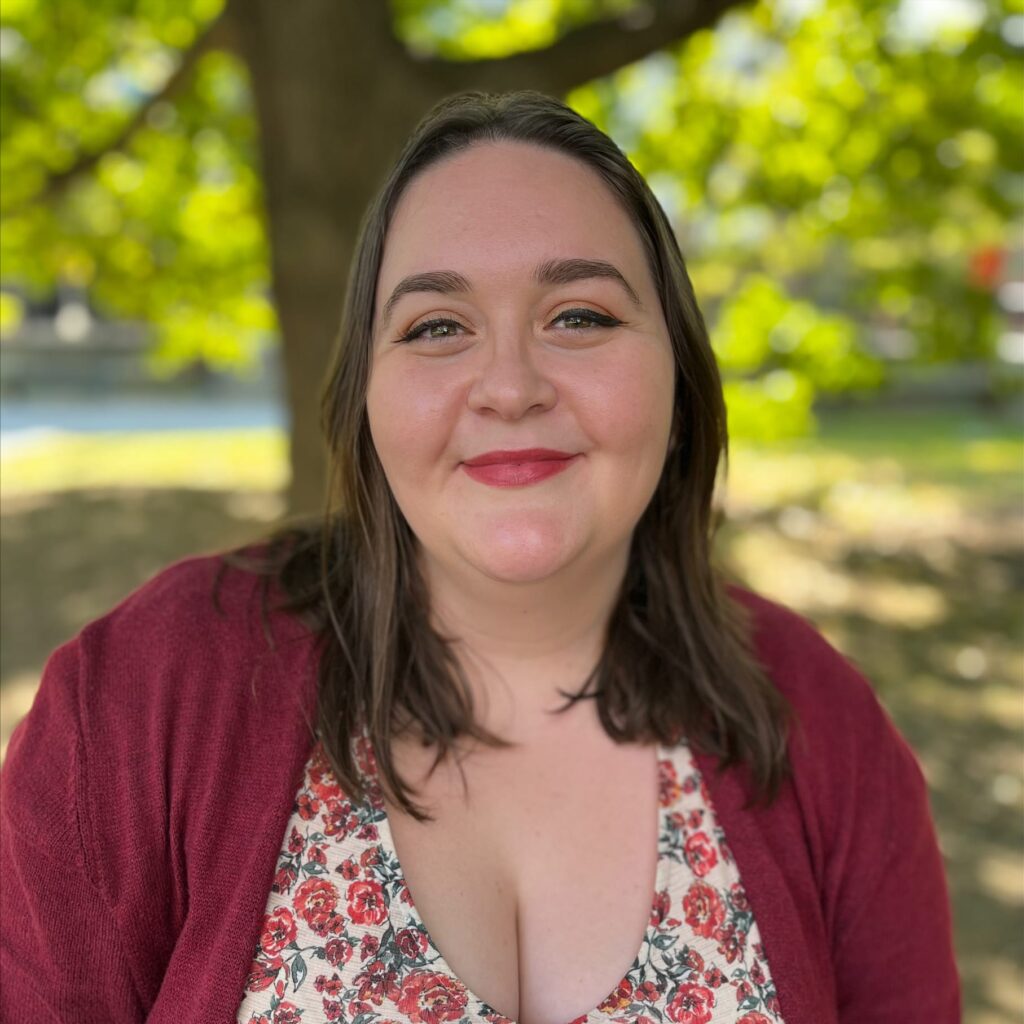
Friendship and community are important to everyone, but may be of crucial importance to those who have felt isolated or excluded, a common experience for people with ADHD. In research, ADHD in children and adolescents has been related to a host of social challenges, with higher bullying victimization rates, more peer rejection, and higher conflict relationships. In adulthood, many individuals with ADHD have difficulty maintaining friendships and experience challenges with romantic relationships. Taken together, this paints a grim picture, suggesting that if you have ADHD, you cannot have fulfilling relationships. As someone with ADHD and a researcher in this field, I rarely see literature on how ADHD can contribute to meaningful, uplifting friendships. However, I believe that although ADHD can present challenges to your social life sometimes, it can also make you a caring and empathetic friend and partner, especially when you find the right people.
My experiences
As a child, I definitely experienced these social challenges, always feeling out of sync with my peers. At that time, I had no idea why I felt different from a lot of my peers and struggled to connect with them. As I got older, I learned to mask who I was to try and fit in a bit more. Without really thinking, I studied how other people acted and mimicked that. Sometimes I would slip up by getting too excited about something, interrupting others, or being too loud. For me, each stage of education got a little better socially, however, everything really changed for the better when I got to university.
When I got to university, I had an opportunity to reinvent myself now that I was being exposed to new people. I no longer had to hide my love for learning like I did as a teen. I quickly became friends with people in my classes, with whom I shared many interests outside of school. In my first year, my uncle who I was very close with passed after a long battle with cancer and it was a defining moment in many of my friendships. My new friends were at my side, comforting me, giving me notes I missed, and helping me catch up on assignments. My high school friends were less than helpful, and I decided to start to put some distance between us. I had believed that I wouldn’t find better friends, but this experience helped me to believe that I deserved more.
My new friends were largely neurodivergent with some being diagnosed and undiagnosed, maybe not surprising for an undergrad neuroscience program. For the first time, I really feel like I fit in and had found my community. My “weird quirks” were just a part of me and not judged. My best friend in my program was my study buddy as we shared the same requirements before exams and often stuck together. Our routine for exams was to stop
studying at least 2 hours before, eat a good amount of food, and chat in a relaxed environment. Years later, I found out that he was diagnosed with autism when he was younger. Later in grad school, I bonded with friends over info-dumping and body doubling (work on a task next to someone to help with focus and accountability).
I reconnected with a friend from high school, and she remarked how much more confident and happier I seemed to be after undergrad. I was much more self-assured and worried a lot less about what people thought of me. I finally was able to be myself around people who cared about me.
Now in my late 20s, I see many of my closest friends are neurodivergent. We support each other through humor and shared understanding—joking about ADHD-related lateness or lost keys while also offering real support when needed. These friendships have been invaluable, not despite our differences, but often because of them.
Importance of a neurodivergent community
I have often been described as friendly and outgoing, so I have found making friends to be pretty easy, but maintaining friendships was another story. I had a hard time remembering to make plans, keeping up with constant communication, and disliked exchanging pleasantries when I just wanted to launch into a conversation. With my neurodivergent friends, I have found that our communication styles align, and even if we don’t see each other for a while, it is like no time has passed when we do reconnect. I don’t feel the same need to overexplain myself, because they just understand.
In an interview study I conducted, many people remarked how they believe that having ADHD has made them more empathetic and understanding of other people. When someone was having a bad day and took it out on them, they viewed it more as that person needing support than taking it personally. Others mentioned that they were curious and had a wide range of interests, which helped them have conversations with many different people. Unfortunately, everyone reported experiencing stigma.
Overall, having a neurodivergent community can be beneficial for people with ADHD, whether it is a group of in-person friends or an online community. Often the expectation is put on people with ADHD to change themselves to be better liked. Improving self- and emotional-regulation abilities can be beneficial, but the burden of adapting shouldn’t fall solely on neurodivergent people. Additionally, neurotypical people should be educated to be less judgmental and more accepting of neurodiverse individuals. There are countless things that neurotypical people do that can be irritating or rude to neurodivergent people, yet our society expects neurodivergent people to put up with it. One of the biggest beauties
of life is how everyone is a little bit different, and I think that understanding that and having an accepting community can do wonders for everyone.

Growing up, my late father told me that I was “bor... Read More

Many of us ADHDers have heard about the analogy th... Read More

Shaming has been the name of the game for kids wit... Read More

Many parents find themselves redefining what “home... Read More

This ADHD Awareness Month, CADDAC is highlighting... Read More